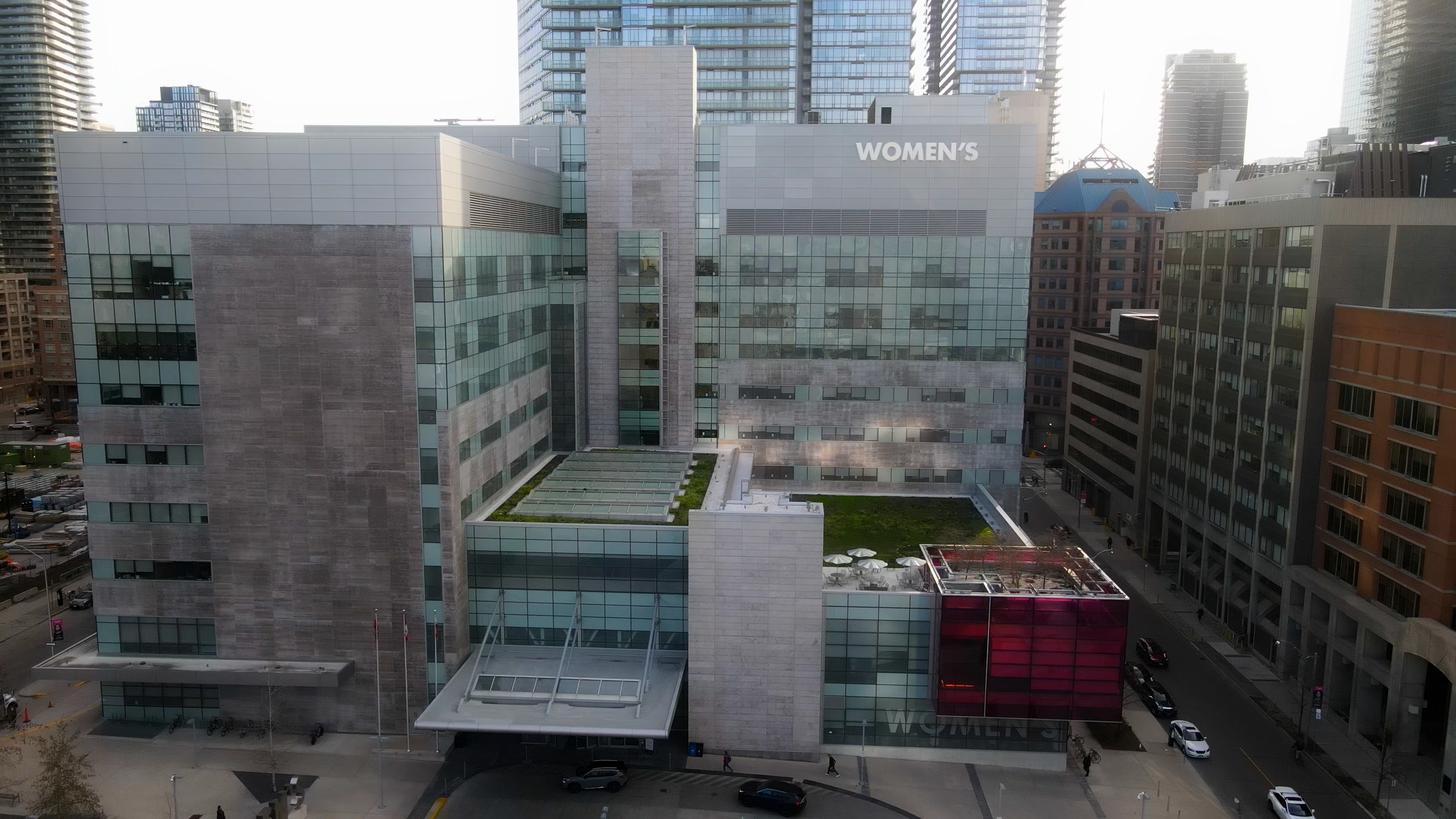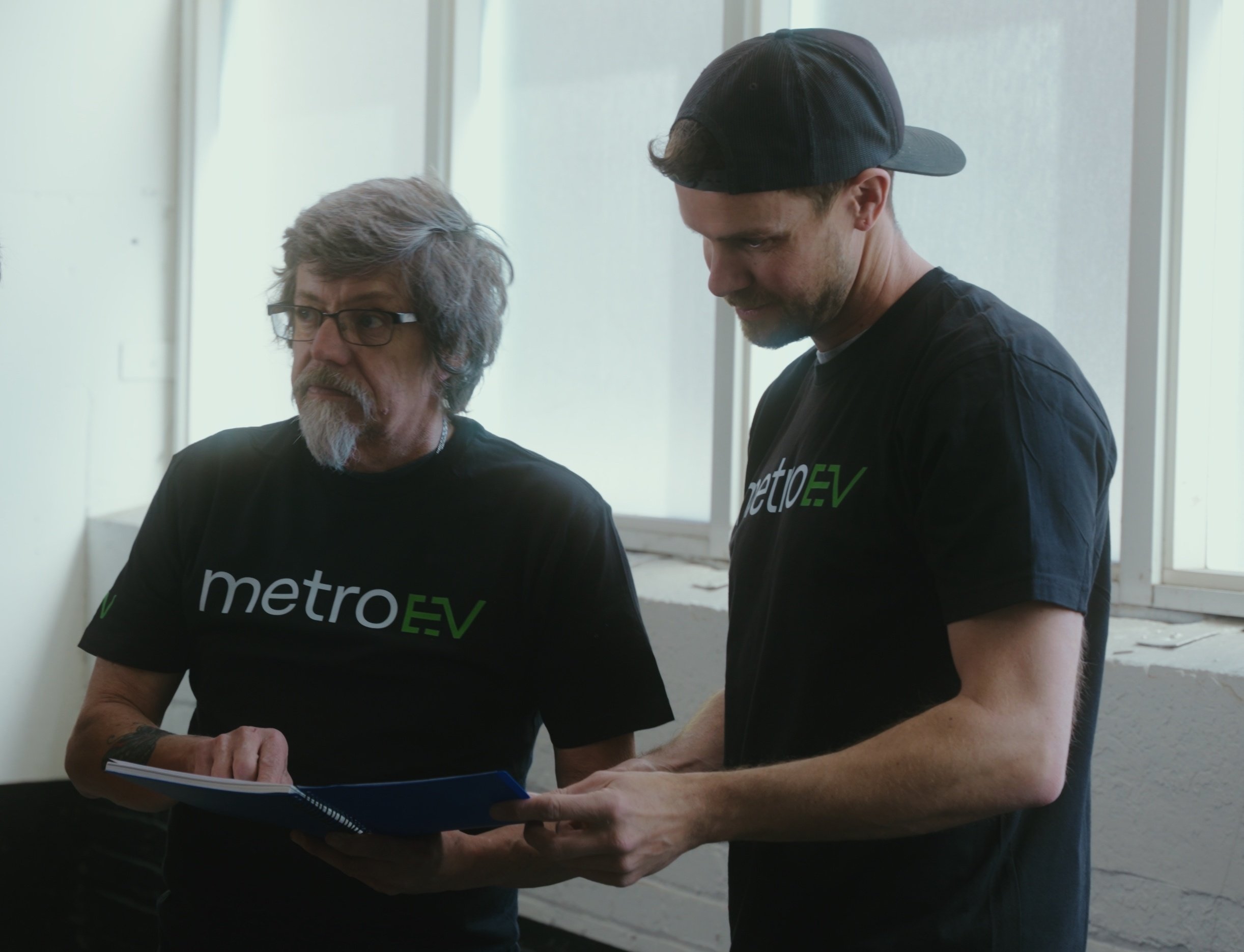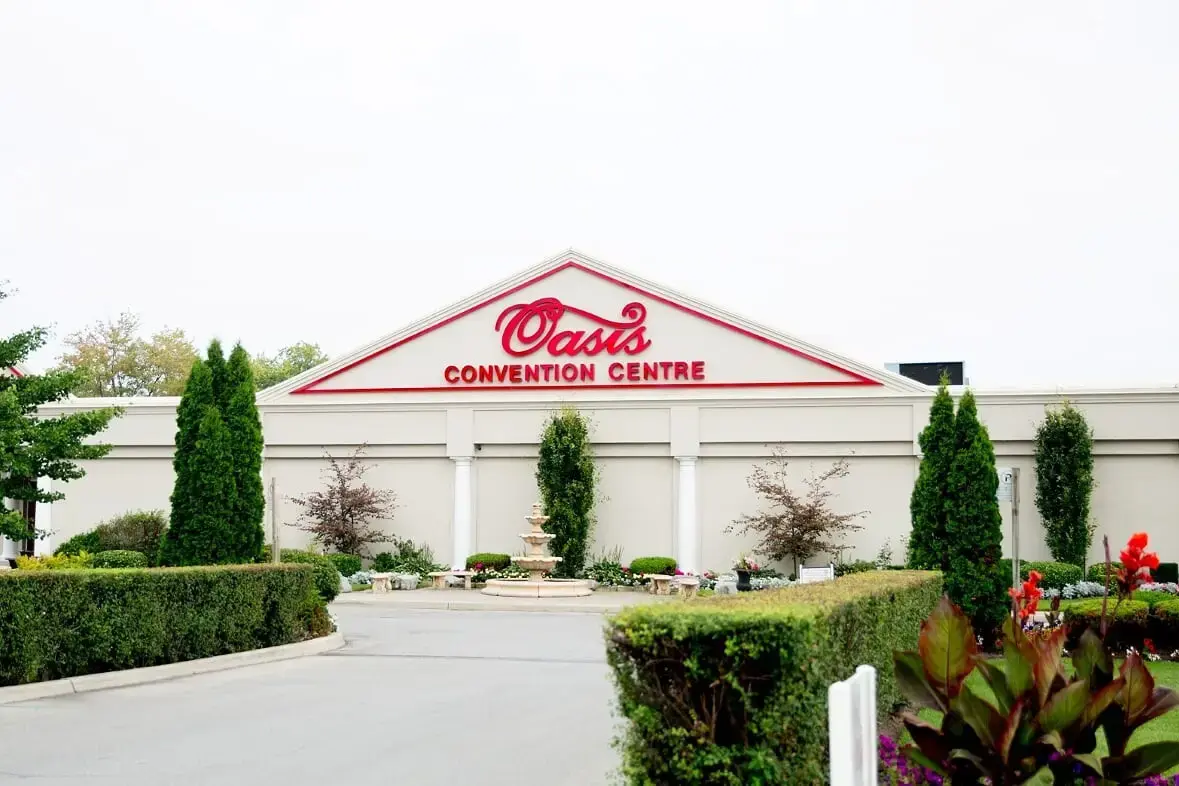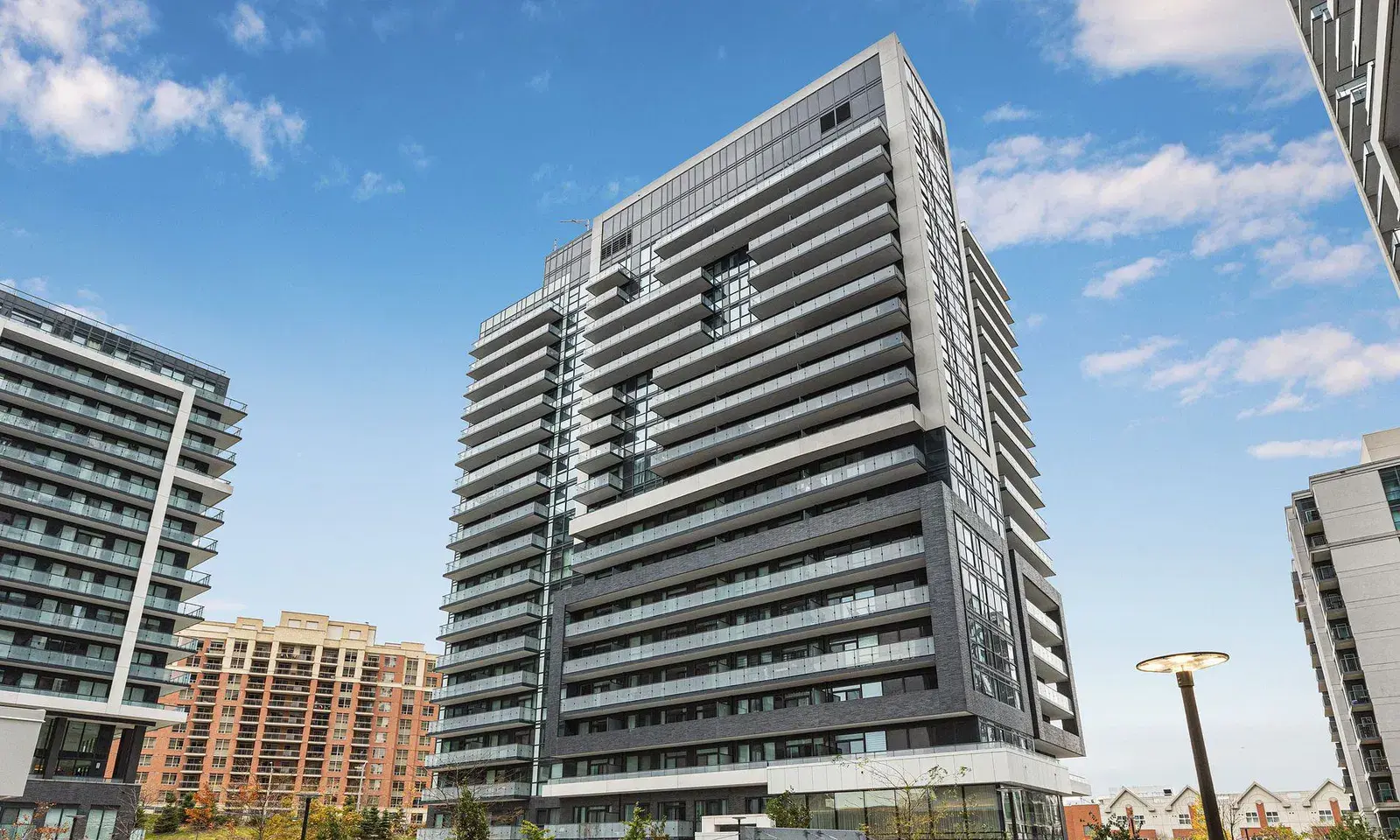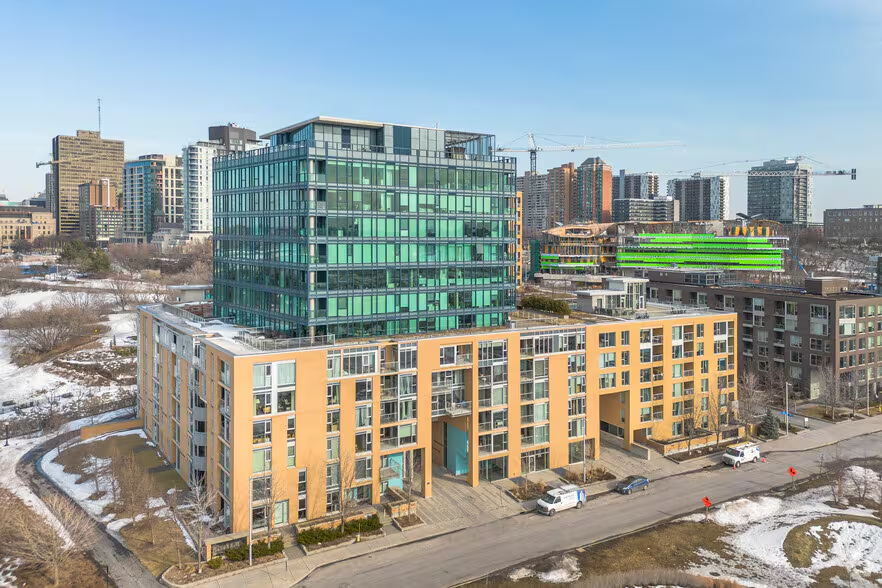With the push for greener transportation, electric vehicles are quickly becoming the norm in British Columbia. But for many homeowners, condo residents, and business owners, the question isn’t just about which EV to buy—it’s also about how to charge it conveniently and affordably.
That’s where the BC Hydro EV charger rebate comes in. Backed by the Province of B.C. through the CleanBC Go Electric Program, this rebate can help cover the cost of installing eligible EV charging stations across single-family homes, multi-unit residential buildings (MURBs), and workplaces.
Rebates for Condos and Multi-Unit Buildings (MURBs)
Multi-unit residential buildings face unique challenges when it comes to EV charging, from shared electrical systems to strata approvals. Fortunately, the BC Hydro EV charger rebate includes a robust set of supports for these projects.
|
Rebate Type |
What It Covers |
Maximum Rebate |
Eligibility Notes |
|
EV Ready Plan |
Professional planning document for future-proofed EV charging infrastructure |
75% of cost, up to $3,000 |
Must be prepared by a licensed electrical contractor or engineer. One plan per MURB complex. |
|
EV Ready Infrastructure |
Conduit, wiring, panels, telecom—everything to make parking spots, EV Ready |
Up to $600 per parking spot, max $120,000 per site |
Requires approved EV Ready Plan. Must make 1 stall per unit EV Ready. Retrofit only (pre-Aug 31, 2021). |
|
EV Charger |
Purchase & installation of Level 2 EV charging stations |
- Up to $2,000 per charger, max $14,000 per site - $4,000 for dual-port (from BC Hydro) - $10,000 (from FortisBC) - $4,500 per charger (Indigenous applicants) |
Must be new, wall-mounted, Level 2 chargers installed by licensed electricians. Tesla chargers not eligible. |
1. EV Ready Plan Rebate
An EV Ready Plan is a professional document developed by a licensed electrical contractor and/or electrical engineer. It outlines how your building can be upgraded to provide each residential unit with at least one EV Ready parking space, making future upgrades simpler and more cost-effective.
EV Charger Rebate Overview
- Covers 75% of EV Ready plan cost ($3,000 max., while funding lasts)
- Top-up incentives may be available in select municipalities.
Learn more about the EV Ready Plan rebate.
How to Apply
Each rebate component requires specific documents to be included in the application. Here is what you need to provide with your application:
- EV Ready Plan: A copy of the completed plan that meets all BC Hydro requirements.
See EV Ready plan requirements here. - EV Ready Plan Workbook: Completed by the professional who created the plan. See EV Ready plan workbook template here.
- Invoice or Quote: A paid invoice or quote for developing the plan, clearly broken down by tasks.
Eligibility
For the EV Ready Plan, the cost of developing the plan is eligible for rebate. Taxes on these costs are not eligible for rebate.
Note: An approved EV Ready Plan is a prerequisite for receiving the EV Ready infrastructure rebate.
2. EV Ready Infrastructure Rebate
To execute the EV Ready Plan, electrical infrastructure upgrades are typically required. This includes installing electrical and communication systems necessary for future EV charger installations.
EV Charger Rebate Overview
- Up to 50% of eligible costs
- Max. $600 per parking spot, A single project can receive a maximum of $120,000, while funding lasts.
- Must follow an approved EV Ready Plan
- Covers installation, permits, utility upgrades & signage
- Top-up incentives may be available in select municipalities.
How to Apply
Each rebate component requires specific documents to be included in the application. Here is what you need to provide with your application:
- Installation Quote: A detailed quote from the electrical contractor for infrastructure installation.
- EV Ready Plan & Workbook: If applying for infrastructure only, include your previously approved plan and workbook.
Eligibility
Eligible costs include:
- Engineering design and planning
- Electrical and communication upgrades
- Construction, permits, and utility fees
- EV parking signage
Your building must:
- Be an apartment, condo, or townhome complex built before August 31, 2021
- Not be a new build or required by municipal bylaw to be EV Ready
- Use chargers that meet the rebate’s technical standards
All work must be done by a licensed electrician with proper permits. Working with someone trained in EV infrastructure is recommended.
3. EV Charger Rebate
You can apply for this rebate regardless of if you have participated in the EV Ready rebates.
EV Charger Rebate Overview
- Up to $2,000 per Level 2 charger. (or reduced to $1,400 if combined with EV Ready infrastructure rebate)
- Dual-port chargers may receive more: up to $4,000 for BC Hydro customers and up to $10,000 for FortisBC customers.
- Indigenous applicants may qualify for $4,500 per charger.
- A single MURB can receive a maximum of $14,000, while funding lasts.
How to Apply
If you have not received an EV Ready rebate:
- Quote of Work: A detailed quote from a licensed contractor outlining charger costs, installation, and any required electrical upgrades.
If applying with the EV Ready infrastructure rebate:
- EV Ready Plan: A copy of the completed plan that meets all BC Hydro requirements. See EV Ready plan requirements here. Learn more about an EV Ready Plan.
- EV Ready Plan Workbook: Completed by the professional who created the plan. See EV Ready plan workbook template here.
- Combined Quote: Your charger and infrastructure quotes may be submitted as one, as long as each component is clearly itemized.
Eligibility
Eligibility is limited to buildings constructed before August 31, 2021, unless your municipality has no EV Ready bylaw in place.
Eligible costs include:
- Purchase of the charging station (must be new and bought in Canada)
- Installation, including conduit, site assessments, permits, and signage
- Network fees (must be connected for at least two years)
Chargers must be:
- Level 2 (208V or 240V) with a NACS J3400 or SAE J1772 plug
- ordered after getting BC Hydro pre-approval
- certified for use in Canada (cUL, ULC, cETL, CSA, or cQPS)
- permanently installed (not leased or portable)
- network-connected using open or proprietary protocols (e.g., OCPP, OpenADR)
Note: As of March 12, 2025, Tesla chargers are no longer eligible—unless you were pre-approved before that date.
Find EV chargers eligible for rebates here. Learn more about different EV charger types.
More on EV Charging for Condos:
How Much Does It Cost To Install An EV Charger In My Condo Parking Spot?
Guide to EV Charging Solutions for Ontario Condos and Multi-Unit Residential Buildings
What Is The Best EV Charging Solution For Your Condo Building?
BC Hydro EV Charger Rebate for Commercial Properties
For many EV drivers, the workplace is their second most important charging location. That’s why the BC Hydro EV charger rebate also includes funding for commercial sites and office buildings across B.C. Workplace projects require pre-approval and must be completed within six months.
EV Charger Rebate Overview
- Rebates of up to $2,000 per charger, with a $14,000 cap per location.
- Up to 50% back on eligible costs
- Dual-port chargers can qualify for up to $4,000 (or $10,000 with FortisBC).
- Indigenous-owned workplaces can receive up to $4,500 per charger.
- Up to 4 workplace locations per business
- Rebates apply to purchase, installation, permits, network fees, signage, and more
How to Apply
-
Get Pre-Approval- You’ll need to provide a quote of work (A copy of the quote for the costs of charger installation and electrical service upgrades, if applicable).
-
Get Approved from BC Hydro- BC Hydro will respond within 30 days with next steps and a project deadline.
-
Install Chargers & Submit Final Application- Once pre-approved and finished with the installation, you’ll need to provide:
-
Charger invoice(s): A complete copy of the paid, itemized receipt for eligible charger(s). Must include retailer's name, address and phone number.
-
Installation invoice: A copy of the paid invoice for the costs of charger installation and electrical service upgrades (if applicable) from a licensed electrical contractor.
-
Photos of installed chargers: One picture per station if multiple stations are part of your application.
-
Proof of charger internet connectivity: A screenshot of the back-end network operating system that shows that the chargers are online.
-
Electrical permit number for the installation.
-
If applicable, invoice for other eligible costs.
-
Eligibility
To qualify, your workplace must:
- Be located in British Columbia
- Have at least 5 employees who primarily work on-site
- Be a retrofit project (built before August 31, 2021)
- Have dedicated employee parking
- Use a certified electrician for installation
To qualify for the rebate, your EV chargers must:
- Be Level 2 (208V or 240V)
- Be new, purchased (not leased), hardwired or plug-in
- Feature J1772 or NACS J3400 plug types
- Be networked and internet-connected for at least two years
- Have certification: cUL, ULC, cETL, CSA, or cQPS
- Be installed after BC Hydro pre-approval
- Single port stations count as one charging station, dual port stations count as two charging stations
Find EV chargers eligible for rebates here.
Note: Tesla products are ineligible for rebate as of March 12, 2025.
The rebate can be applied to a wide range of costs, including:
- Purchasing the EV charging station(s)
- Labour and construction for installation and conduit
- Site assessments (electrical capacity, panel reviews, design options)
- Electrical permits and related documentation
- Parking and electrical design required for the install
- EV parking signage
- Network connection fees (up to two years)
Note: Taxes are not eligible for rebate coverage.
More on EV Charging for commercial properties:
Should I Offer EV Charging at My Business?
5 Key Considerations Before Installing Commercial EV Charging Stations
BC Hydro EV Charger Rebate for Single-Family Homes
If you own a detached home, duplex, or semi-detached house in B.C., you may be eligible for the BC Hydro EV charger rebate. This program helps cover the cost of purchasing and installing a Level 2 charger—making home charging easier and more affordable.
EV Charger Rebate Overview
- Get up to $350 back on the cost for an eligible Level 2 homecharger and installation (50% of total cost)
- Additional $250 top-up for an eligible smart EV charger.
- $200 rebate for installing an EV power management device.
- Indigenous homeowners can receive up to $750.
- Your charger must be Level 2 (208V or 240V), wall-mounted, and certified for use in Canada.
- The rebate only applies to retrofits, not new homes.
How to Apply
|
If this applies to you… |
Required Documentation |
|
If the EV charger was installed by a licensed electrician |
|
|
If EV charger installed by someone who is not a licensed electrician |
|
|
If you already have a 240V outlet for your EV charger |
Only applicable if no electrical work was done to install the charger. You must confirm you had a permit when the outlet was originally installed. |
Eligibility
To be eligible for the home rebate, your EV charger installation must meet the following:
- The home must be located in British Columbia
- The home must have been built at least 6 months prior to charger installation
- The charger must be wall-mounted at your home and installed with an electrical permit
- Rebate is not available for 240V outlet-only installations (no charger)
Chargers must meet all of the following criteria to qualify:
- Purchased (not leased) from a Canadian supplier
- Certified for use in Canada (cUL, ULC, cETL, CSA, or cQPS)
- Level 2 (208V or 240V) with a NACS J3400 or SAE J1772 plug
- Brand new – not used or refurbished
- Either plug-in or hardwired model
Note: As of March 12, 2025, Tesla chargers are no longer eligible under the BC Hydro EV charger rebate, unless pre-approved before that date.
Find EV chargers eligible for rebates here.
You can receive rebates for these installation-related expenses:
- EV charger purchase (eligible model)
- Labour and installation by a licensed electrician
- Electrical permits
- Electrical design required for the charger
- EV power management device (if installed)
Note: Taxes are not eligible for rebate.
More on EV charging:
Understanding The Different EV Chargers Types
Complete Guide to EV Charging Stations and How They Actually Work
See the full BC Hydro rebate program description here.
metroEV Handles it All For You
metroEV has helped hundreds of homeowners, property managers, and business owners across B.C. take full advantage of the BC Hydro EV charger rebate. We manage the entire process—from EV Ready planning and permit applications to equipment selection and certified installation. Learn more about EV charger installations.
If you’re ready to future-proof your property and save money doing it, we’re ready to guide you through the entire process.
Contact metroEV so we can help you take advantage of the BC Hydro EV charger rebate while funding lasts.
Completed metroEV Projects in BC:
Learn more:

AUTHOR
Isaac Klein
Isaac Klein, Vice President at metroEV, leads the development and deployment of small to large-scale EV charging solutions and charger networks across condos, commercial and public properties. With deep expertise in EV technology and sustainable infrastructure, Isaac has shaped metroEV into a go-to partner for future-ready charging solutions. He’s known for turning complex projects into streamlined installations—helping buildings and properties across Canada stay ahead of the EV curve.
.png)
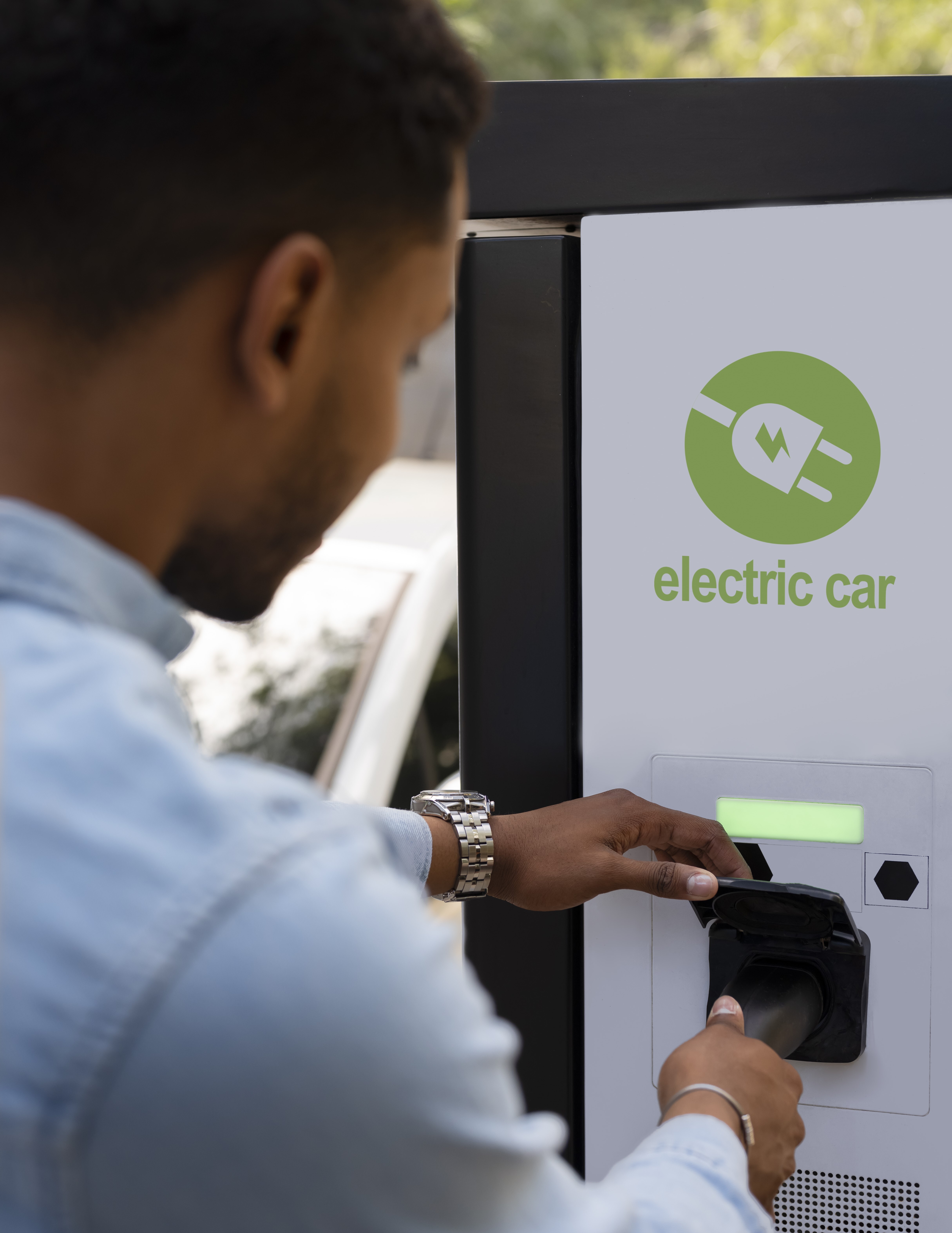
.png)
